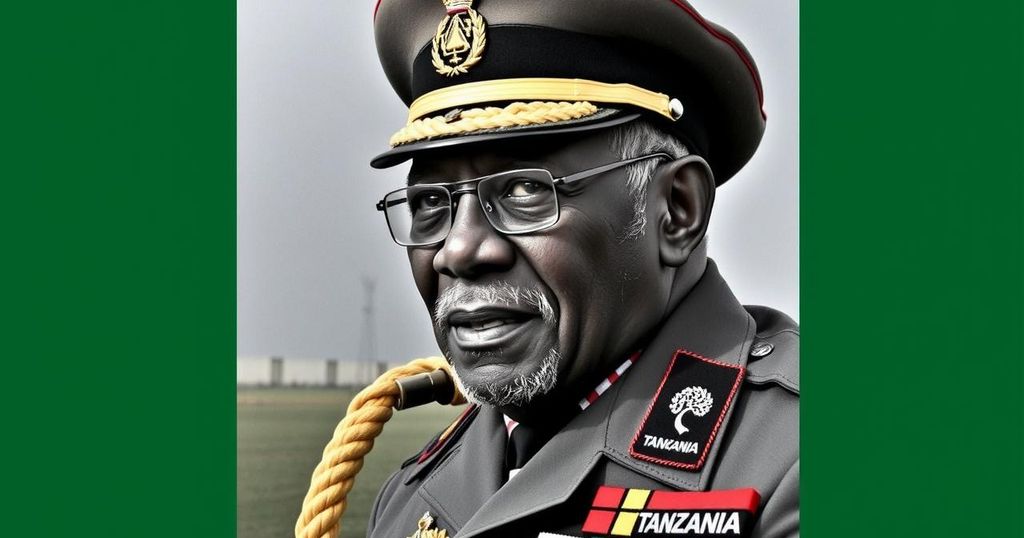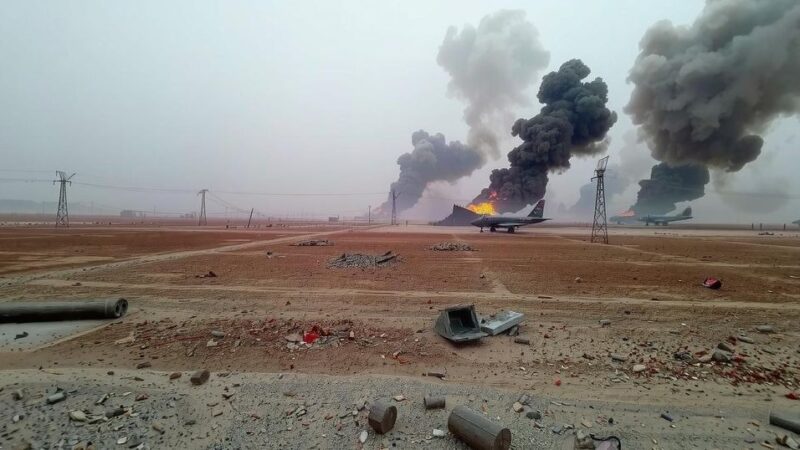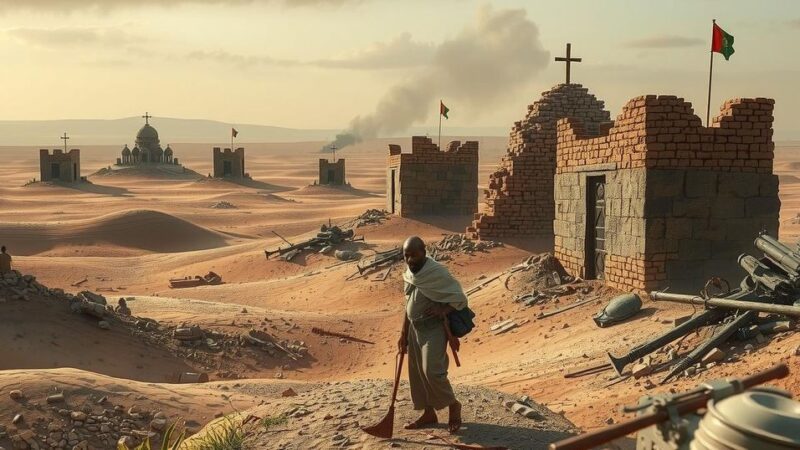General David Musuguri, the Tanzanian military commander who played a crucial role in the overthrow of Idi Amin, has died at the age of 104. Known as “General Mutukula,” he led the Tanzanian forces during the Uganda-Tanzania War and served as the Chief of Defence Forces from 1980 to 1988. His military career was marked by significant contributions to regional security and efforts to establish a stable government in Uganda following Amin’s ouster. Musuguri is remembered for his bravery, strategic prowess, and compassionate nature in supporting war-affected individuals.
General David Musuguri, a revered military leader in Tanzania, passed away at the age of 104 in Mwanza. Known as “General Mutukula” for his pivotal role in the overthrow of Ugandan President Idi Amin during the Uganda-Tanzania War from 1978 to 1979, Musuguri’s legacy as a commander in the Tanzania People’s Defence Forces (TPDF) continues to inspire tributes across the region. His distinguished military career culminated in his role as the Chief of Defence Forces from 1980 to 1988, reflecting a lifetime of service and bravery. Musuguri’s extensive military background began with his enlistment in the King’s African Rifles in 1942, where he rose rapidly through the ranks. He initially trained alongside Idi Amin and later commanded operations that expelled Ugandan forces from Tanzania during the conflict initiated by Amin’s invasion. The Tanzanian government’s responsive campaign evolved from a defensive to an offensive posture under the guidance of President Julius Nyerere, with Musuguri leading major offensives that culminated in the fall of Kampala. After the ousting of Amin, Musuguri played a crucial role in establishing order in Uganda, earning him the moniker “Uganda’s unrecorded President” due to his significant influence during a transitional period in the Ugandan government. Despite his formidable presence and reputation, he was known for his compassion, particularly towards the Ugandan orphans affected by the war. Musuguri’s contributions to military strategy earned him respect and recognition, including honors from several Ugandan leaders post-conflict. His passing marks the end of an era for Tanzania and a significant chapter in East African military history, reigniting discussions about the nuances of the Uganda-Tanzania War and its enduring impacts on both nations.
The Uganda-Tanzania War, which occurred between 1978 and 1979, was rooted in territorial disputes and political tensions stemming from Idi Amin’s rule in Uganda. Led by General David Musuguri, the Tanzanian military launched a counteroffensive following Uganda’s invasion of the Kagera region. The conflict not only resulted in the fall of Amin but also shaped the subsequent political landscape of Uganda, highlighting the complexities of regional security and international relations during that period. Musuguri’s military expertise and strategic command during this time were pivotal in the success of Tanzanian forces and the eventual restoration of order in Uganda post-Amin. His contributions reflect broader themes of leadership, bravery, and compassion amidst the turmoil of war.
The legacy of General David Musuguri extends far beyond his military accomplishments during the Uganda-Tanzania War; it encompasses an enduring commitment to service, leadership, and a sense of humanity amidst conflict. His recent passing serves as a reminder of the sacrifices made during turbulent times and the impact that strong military leadership can have on the stability of nations. As Tanzania mourns the loss of one of its heroes, the historical significance of Musuguri’s actions continues to influence contemporary discussions on military engagement and governance in East Africa.
Original Source: www.observer.ug






